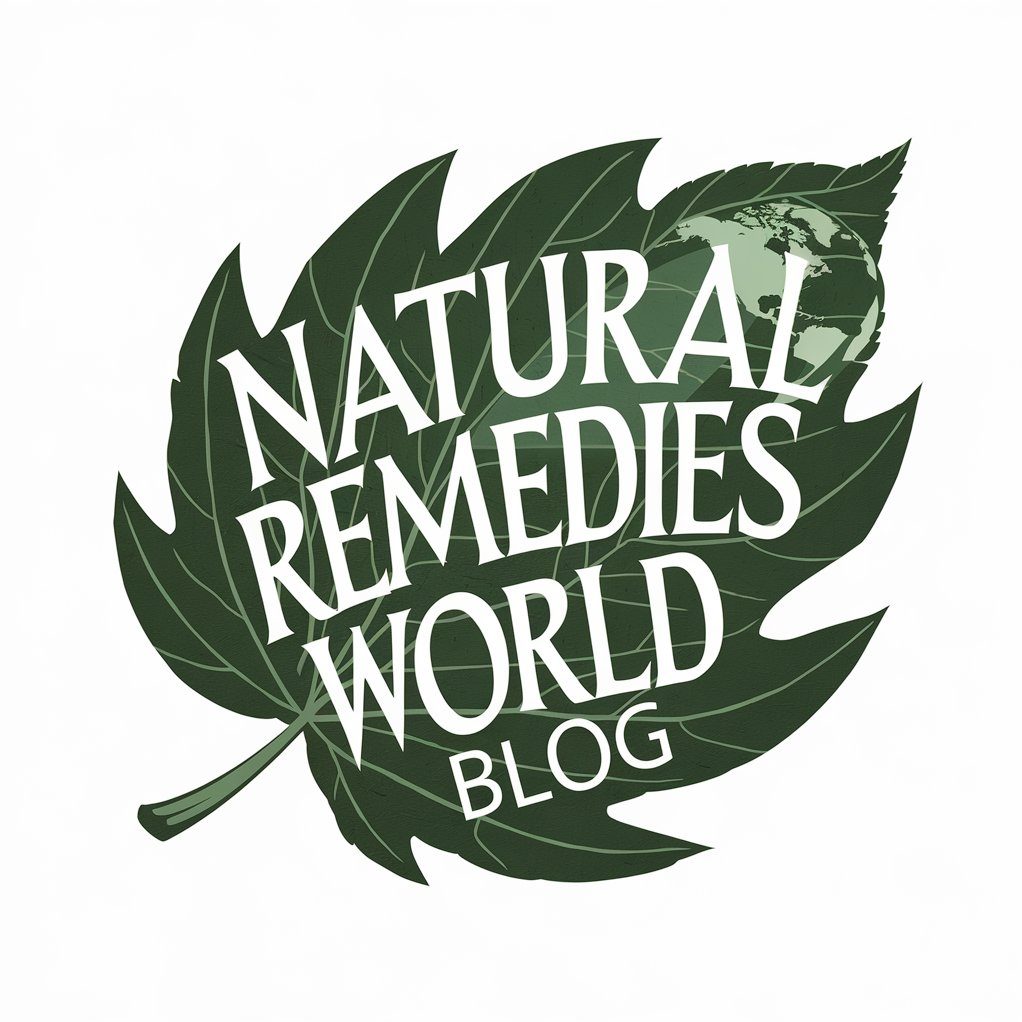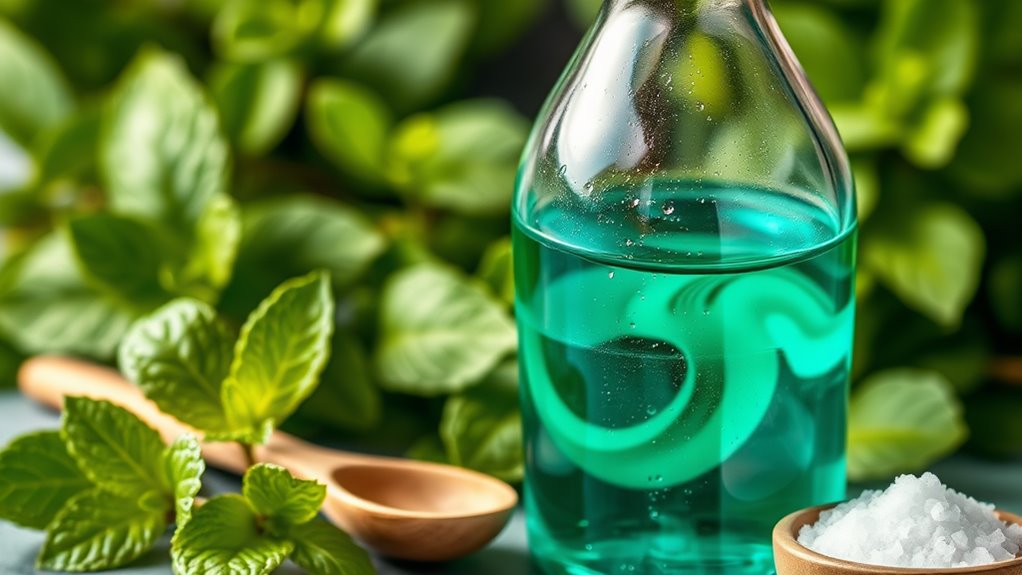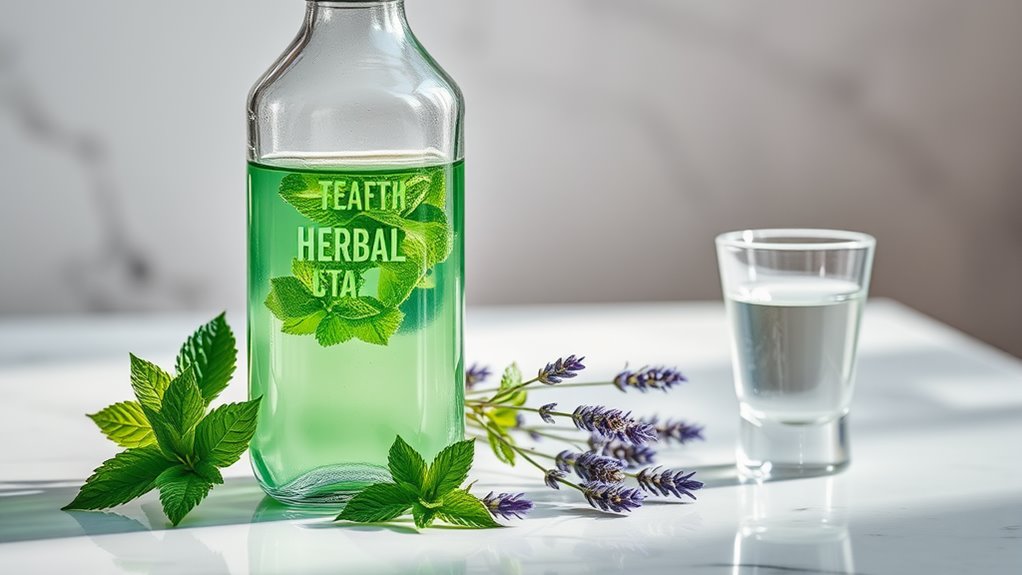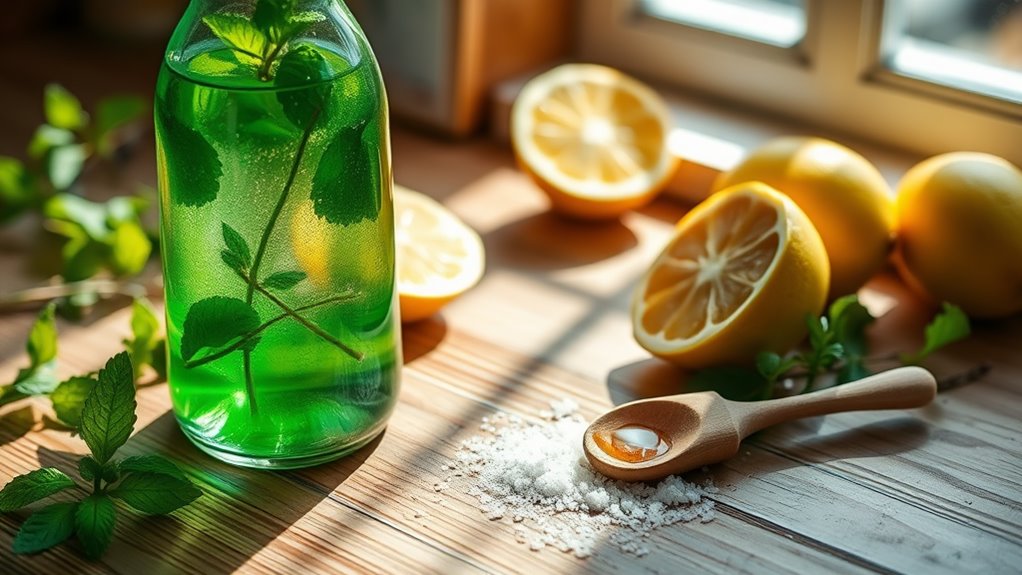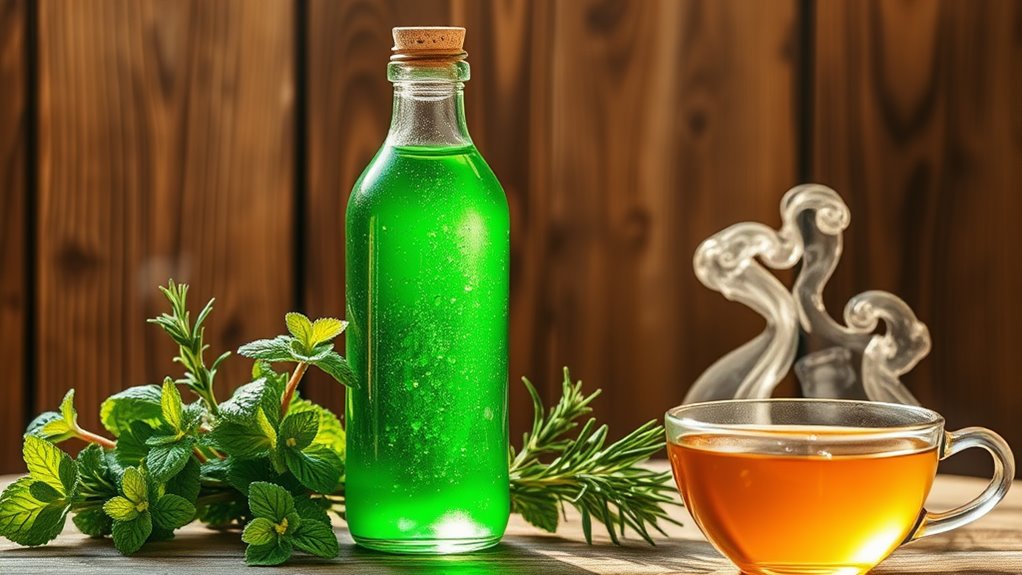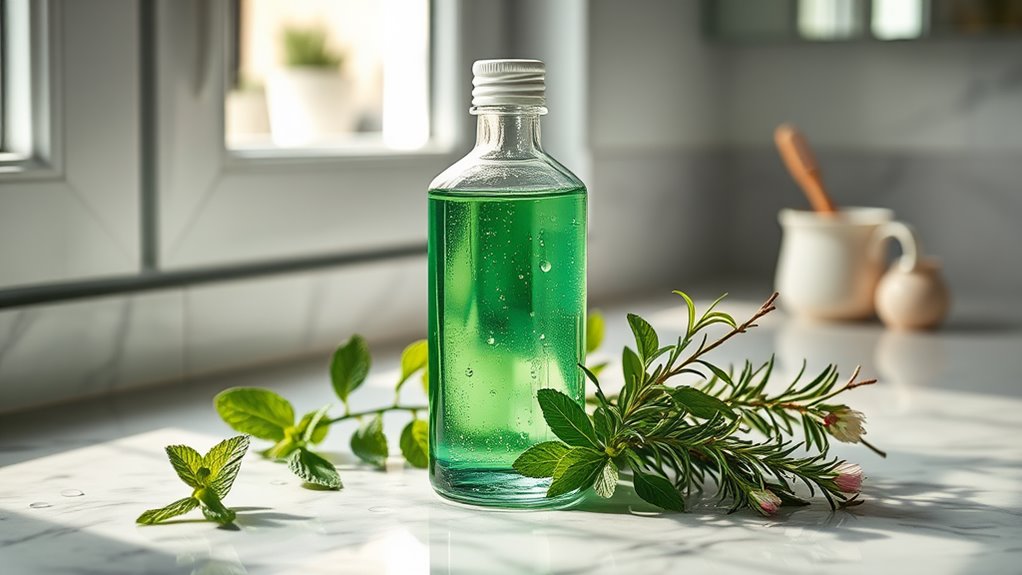The Homemade Mouthwash Everyone Swears By!
The homemade mouthwash everyone swears by is simple and effective! Just mix one cup of distilled water, a teaspoon of baking soda, and ten drops of your favorite essential oil, like peppermint. You can sweeten it with a tablespoon of honey if you like. This natural recipe combats bad breath and promotes oral health without harsh chemicals. Want to discover more flavor variations and storage tips to perfect your mouthwash? Keep on exploring!
Essential Ingredients for Homemade Mouthwash
When you’re looking to create an effective homemade mouthwash, the right ingredients can make all the difference. Start with a base of distilled water, which helps dilute other components while ensuring purity.
Adding baking soda not only balances pH but also acts as a gentle abrasive, helping to remove stains. Essential oils, like peppermint or tea tree, introduce a refreshing flavor and antibacterial properties.
If you’re concerned about bad breath, a splash of apple cider vinegar can work wonders due to its natural acidity. For sweetness, consider a touch of honey or stevia, but keep it minimal.
Each ingredient serves a purpose, so choose wisely to create a mouthwash that’s both effective and enjoyable to use.
Step-by-Step Preparation Method
Creating your homemade mouthwash is straightforward once you have your ingredients ready. Follow these simple steps, and you’ll have a refreshing mouthwash in no time:
-
Mix the Base: In a bowl, combine one cup of distilled water with one teaspoon of baking soda. Stir until the baking soda dissolves completely.
-
Add Flavor: Incorporate 10 drops of peppermint or tea tree essential oil for a pleasant taste and aroma.
-
Sweeten It: If you prefer a sweeter mouthwash, add one tablespoon of honey and mix well.
-
Store It: Pour your mixture into a clean bottle with a tight lid. Shake before each use!
Now you’re ready to enjoy your homemade mouthwash!
Benefits of Using Natural Mouthwash
Natural mouthwash offers a range of benefits that can enhance your oral hygiene routine.
First, it’s made from natural ingredients, which means you avoid harsh chemicals often found in commercial products. This gentler approach helps maintain the delicate balance of bacteria in your mouth, promoting better overall health.
You’ll also find that natural mouthwash can effectively combat bad breath and reduce plaque buildup, thanks to ingredients like essential oils and herbs.
Plus, it’s often more cost-effective than store-bought options, allowing you to save money while caring for your teeth.
Many people love the freshness and soothing effects of homemade recipes, making it an enjoyable addition to your daily routine.
Embrace the power of nature for a healthier smile!
Flavor Variations to Try
There are countless flavor variations you can experiment with to make your homemade mouthwash even more enjoyable.
Here are some delicious options to try:
-
Peppermint: Add a few drops of peppermint essential oil for a refreshing kick.
-
Cinnamon: Mix in ground cinnamon for a warm, spicy twist that also fights bacteria.
-
Citrus: Squeeze in fresh lemon or orange juice for a zesty, invigorating flavor.
-
Herbal: Infuse your mouthwash with herbal teas like chamomile or green tea for soothing benefits.
These flavors not only enhance the taste but can also provide additional oral health benefits.
Tips for Storing Your Mouthwash
To keep your homemade mouthwash effective and fresh, proper storage is essential.
First, choose a dark glass bottle or an opaque container to shield your mouthwash from light, which can degrade its ingredients. Make sure the bottle is airtight to prevent contamination; a pump or squeeze bottle works well.
Store it in a cool, dry place away from direct sunlight and heat sources. If you’ve added perishable ingredients like essential oils, consider refrigerating your mouthwash to prolong its lifespan.
Always label your container with the date you made it, so you know when it’s time to make a new batch.
Lastly, regularly check for any changes in smell or color, and discard it if you notice anything off.
Comparing Homemade and Commercial Mouthwash
When deciding between homemade and commercial mouthwash, it’s important to weigh the benefits and drawbacks of each option.
Here’s a quick comparison to help you decide:
-
Ingredients: Homemade mouthwash often uses natural ingredients, while commercial options may contain artificial additives and preservatives.
-
Cost: Making your own mouthwash can be cheaper than buying branded products, especially in bulk.
-
Customization: You can tailor homemade mouthwash to suit your taste and needs, whereas commercial options are limited to what’s available.
-
Efficacy: Commercial mouthwashes often have been clinically tested for effectiveness, while homemade versions might lack scientific backing.
Ultimately, your choice depends on your priorities—whether you value natural ingredients or proven results.
Frequently Asked Questions
Can Children Use Homemade Mouthwash Safely?
You should always check the ingredients of homemade mouthwash before letting children use it. Some components, like essential oils or alcohol, can be harmful. It’s best to consult a pediatrician for safe alternatives.
How Often Should I Use Homemade Mouthwash?
You should use homemade mouthwash once or twice daily, ideally after brushing your teeth. This frequency helps maintain oral hygiene without overdoing it, ensuring you benefit from its effects without irritating your mouth.
Is Homemade Mouthwash Effective Against Bad Breath?
Homemade mouthwash can be effective against bad breath, especially if it contains antibacterial ingredients like baking soda or essential oils. Just ensure you’re using it regularly, and you’ll likely notice a fresher mouth.
Can I Customize the Ingredients for Specific Dental Issues?
Absolutely! You can customize your mouthwash ingredients to target specific dental issues. For example, add tea tree oil for antibacterial properties or baking soda for whitening. Just ensure the ingredients are safe for your oral health.
How Long Does Homemade Mouthwash Last Before It Expires?
Homemade mouthwash typically lasts about one to two weeks when stored in the fridge. If you notice any changes in color, smell, or taste, it’s best to discard it and make a fresh batch.
